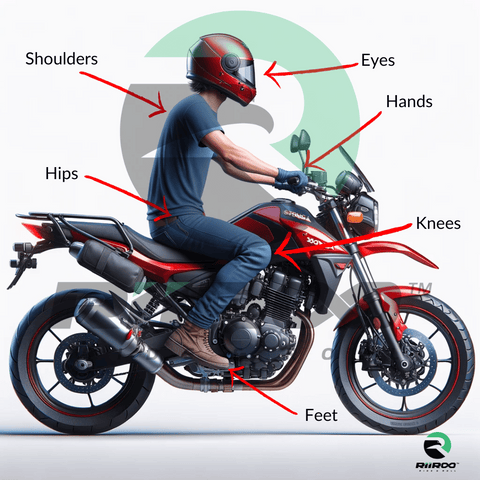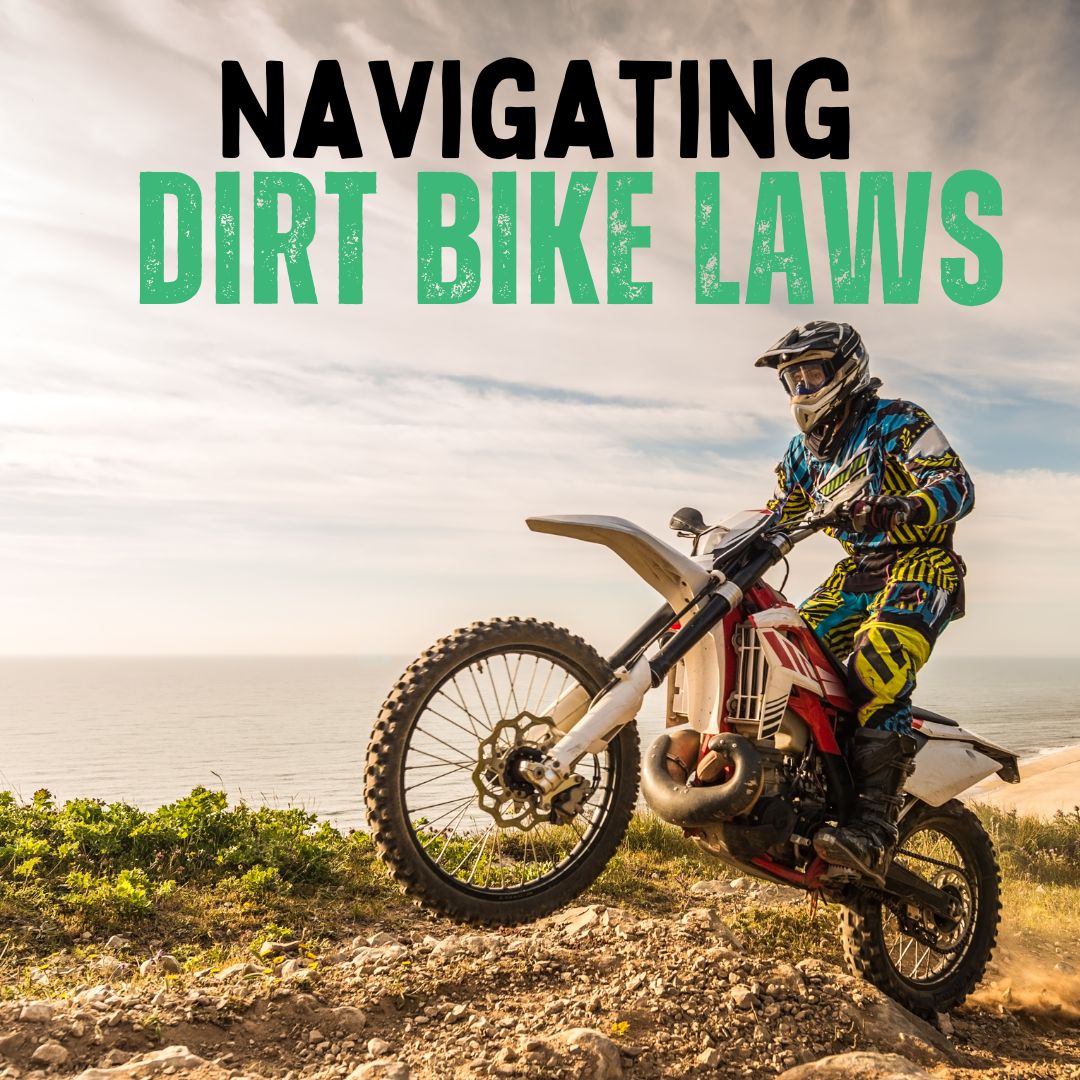Published: November 7, 2024
Updated: March 21, 2025
Navigating Dirt Bike Laws: A UK Perspective

Love the rush of dirt biking across wild trails? You’re not alone—it’s a UK fave! But before you rev up, knowing the legal ropes keeps the fun safe and legit. Let’s break it down.
Where Can You Ride?
Short Answer: Dirt bikes are legal on private land (with permission) and designated off-road spots like green lanes—not public roads unless road-legal.
- Green Lanes: Public off-road paths—need a license, tax, MOT, and insurance.
- Private Land: Landowner’s okay is a must—council land’s off-limits. More on private riding.

Road Rules
Street Legality: Most dirt bikes aren’t road-ready—missing lights, mirrors, etc. To ride public roads:
- Full motorcycle license (17+).
- Road-legal bike with tax, MOT, and insurance.
Converting a dirt bike? Pricey and tricky—not worth it for most.
License Lowdown
Off-Road: No license needed on private land—just permission.
Roads: Pass a theory test, practical test, and CBT for a full license. No “off-road only” license exists—private trails still need landowner approval.
Top Legal Riding Spots
| Place | Location | Details |
|---|---|---|
| FatCat Motoparc | Doncaster | MX track, £30+ day pass |
| Hawkstone Park | Shrewsbury | Tough MX trails, events |
| Landrake Moto Parc | Cornwall | Varied terrain, £25+ entry |
Safety & Etiquette

Keep it safe and cool:
- Cap speed at 25 mph on trails.
- Stick to legal routes—check maps.
- Use a quiet exhaust.
- Join the Trail Riders’ Fellowship for trail tips. Responsible riding guide.
Penalties for Breaking Bad
Ride illegally? Face fines, bike seizure, or jail under the Road Traffic Act 1988. Stick to the rules—keep it fun.
Wrap-Up
Dirt biking’s a blast when you know the law—private land, green lanes, or bust. Ride smart and keep the trails alive! Kids hooked? Explore our dirt bike collection.
Frequently Asked Questions
Can I ride a dirt bike on UK roads?
Not unless it’s road-legal—needs lights, mirrors, license, tax, MOT, and insurance.
Do I need a license for off-road dirt biking?
No—just landowner permission on private land. Roads need a full motorcycle license.
What’s a green lane?
An unsealed public path—legal for off-roading with a road-ready bike and license.
More Dirt Bike Buzz? 🚀
Loved this guide? Zoom to RiiRoo.com or hit our Live Chat!





Share:
Mastering Dirt Bike Jumps: Techniques and Tips
Motocross Suspension Setup Guide 2025